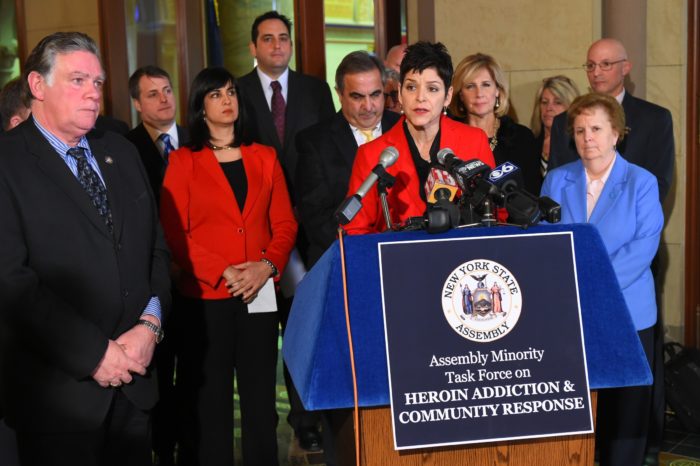POLICY
Throughout history, the shame and stigma of alcoholism and other drug addictions forced countless individuals and family members impacted by addiction to remain in the shadows. Often ashamed and afraid, we felt disempowered and completely disengaged from our communities. Believing we had no voice, we remained silent. As a result, those of us with firsthand experience of addiction weren’t included in policy discussions and decisions pertaining to prevention, treatment, and recovery support services (RSS). Instead, these decisions were often made by well-meaning people who lacked any real understanding of addiction or recovery.
“The times, they are a changing.” – Bob Dylan
Silent No More
Beginning in the late 1990’s, there has been slow, but steady, movement toward advocating for recovery. That movement, known as the New Recovery Advocacy Movement, burst onto the national stage on October 4, 2015, when tens of thousands of people from around the country gathered in Washington, D.C. to advocate for recovery and call for an end to the shame and stigma that has kept so many from seeking the help they needed. It was promoted as “The Day the Silence Ends.”
Today, more individuals and family members are speaking up about their own recovery. In doing so, they’re helping to erase the shame and stigma once so pervasive in society, influencing policy and offering hope to those still in the shadows. This fact was abundantly clear at FOR-NY’s Stand Up for Recovery Day. Click on the video below to see recovery advocacy at it’s best!
Our policy agenda is informed by a variety of sources including:
- Research collected from grassroots engagement and qualitative and quantitative surveys
- Ongoing collaboration with recovery community organizations to identify areas of need
- Organizing and advocating with individuals and family members at events throughout the state
- Engagement with legislative and policy leaders


